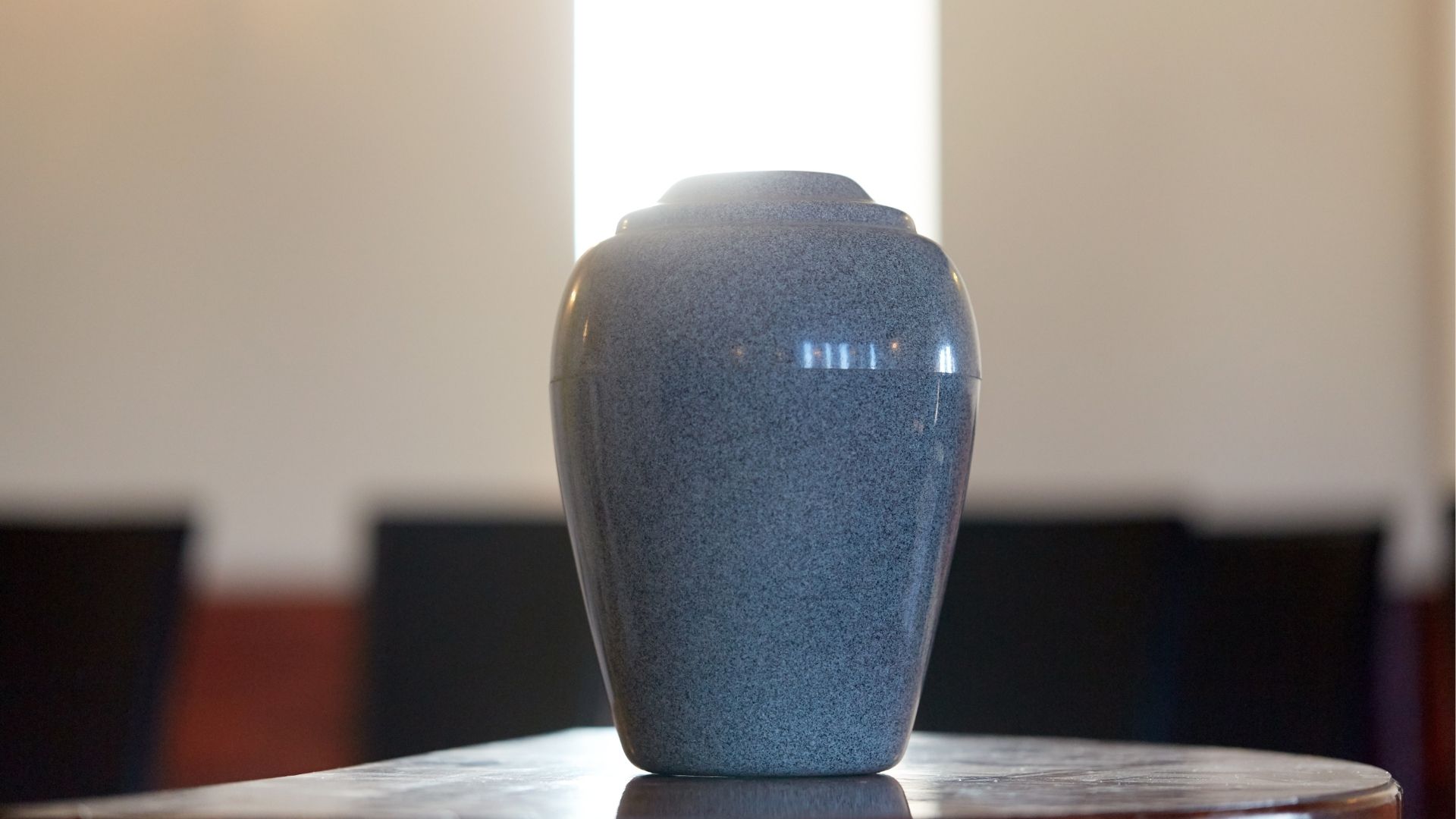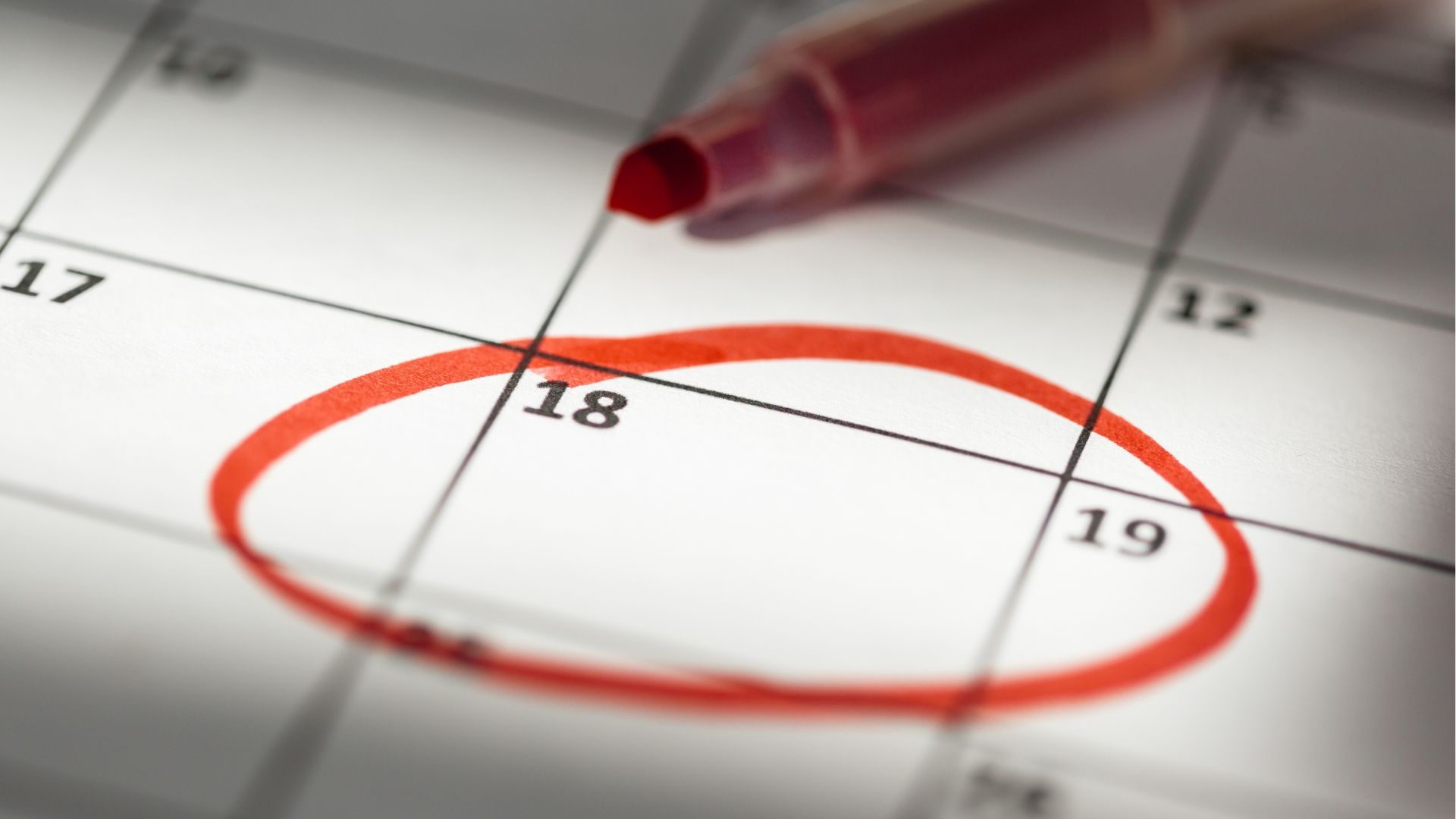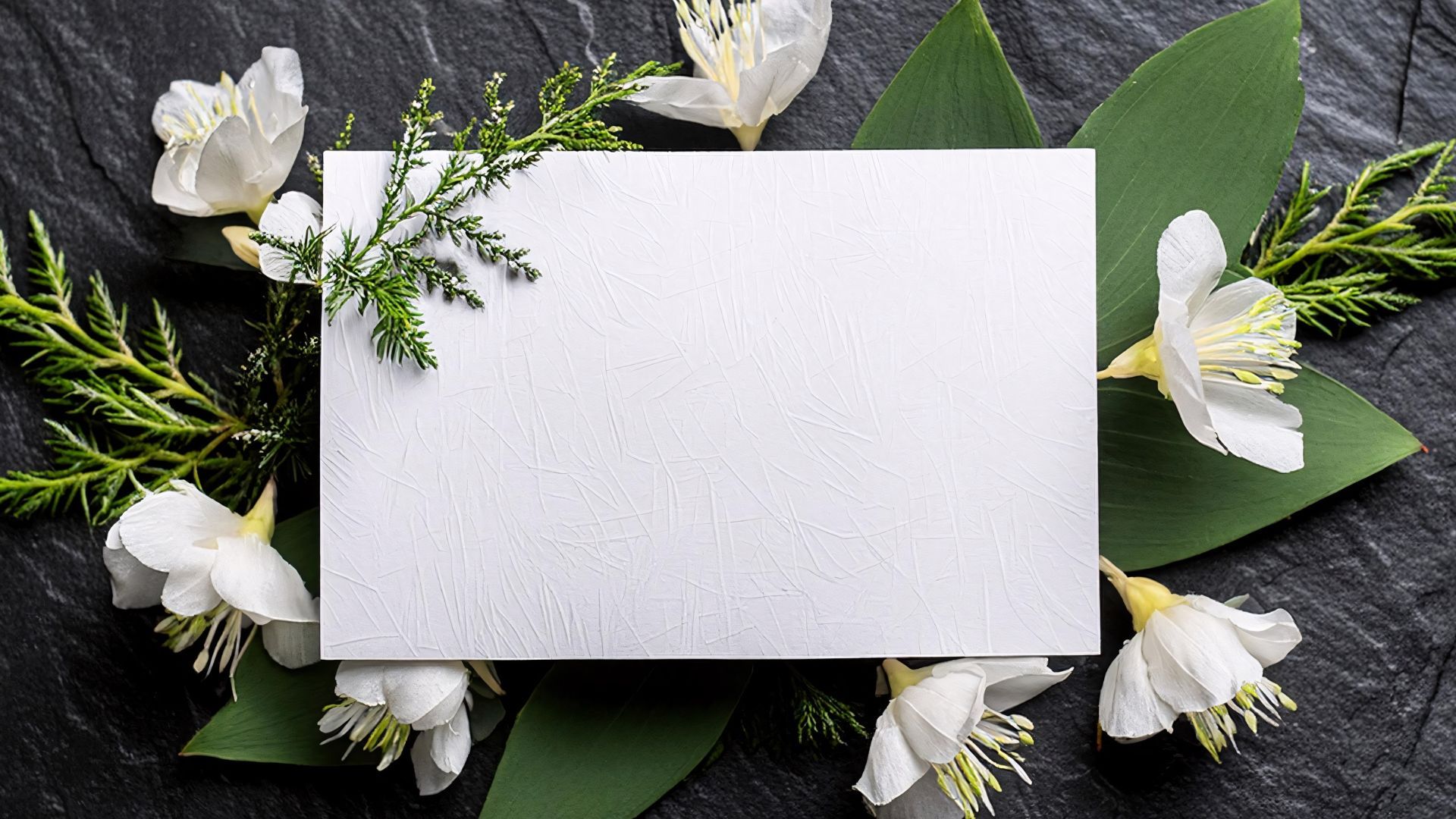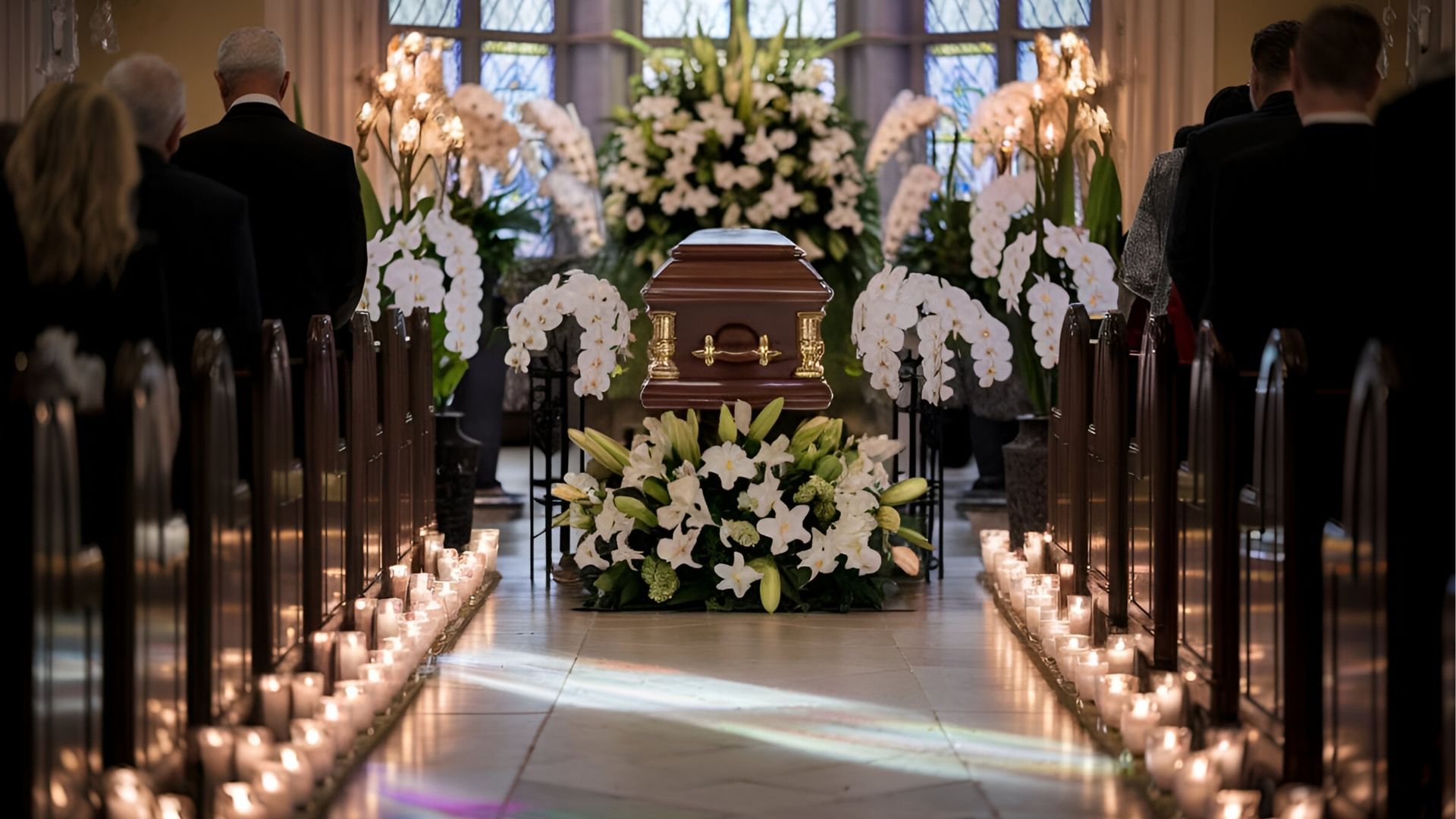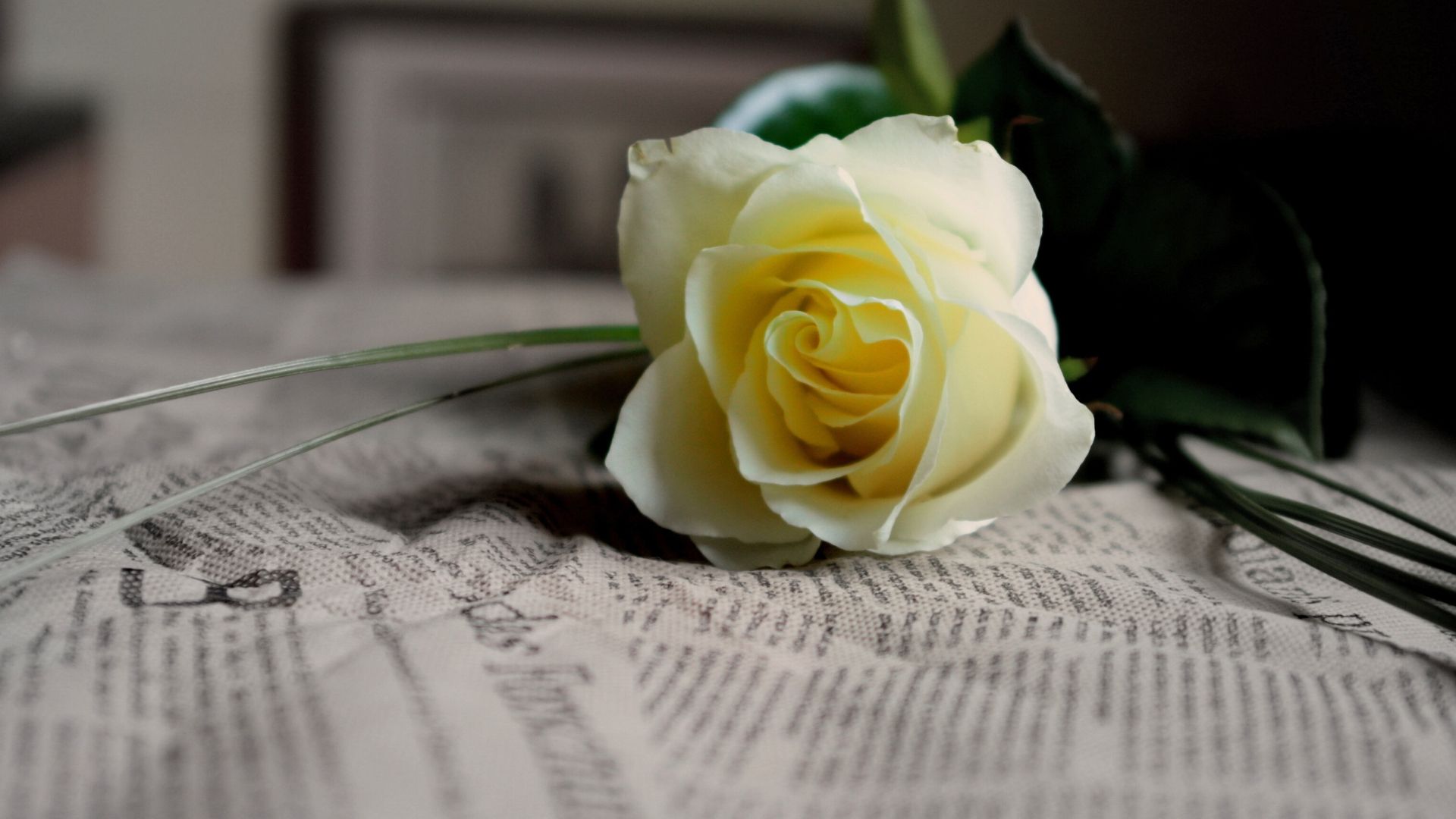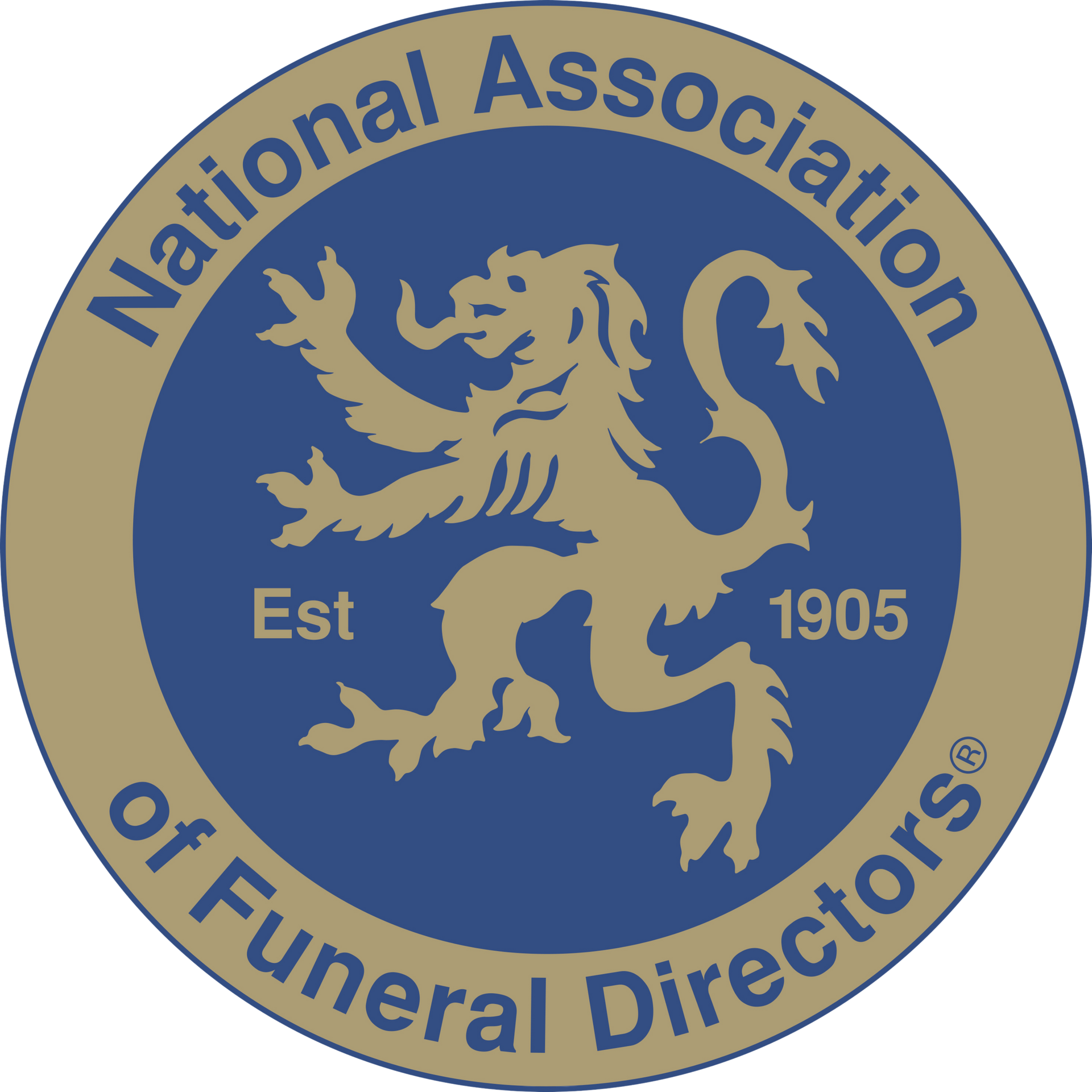How direct cremation works
Learn how direct cremation works and how this new option is different from a traditional funeral service.
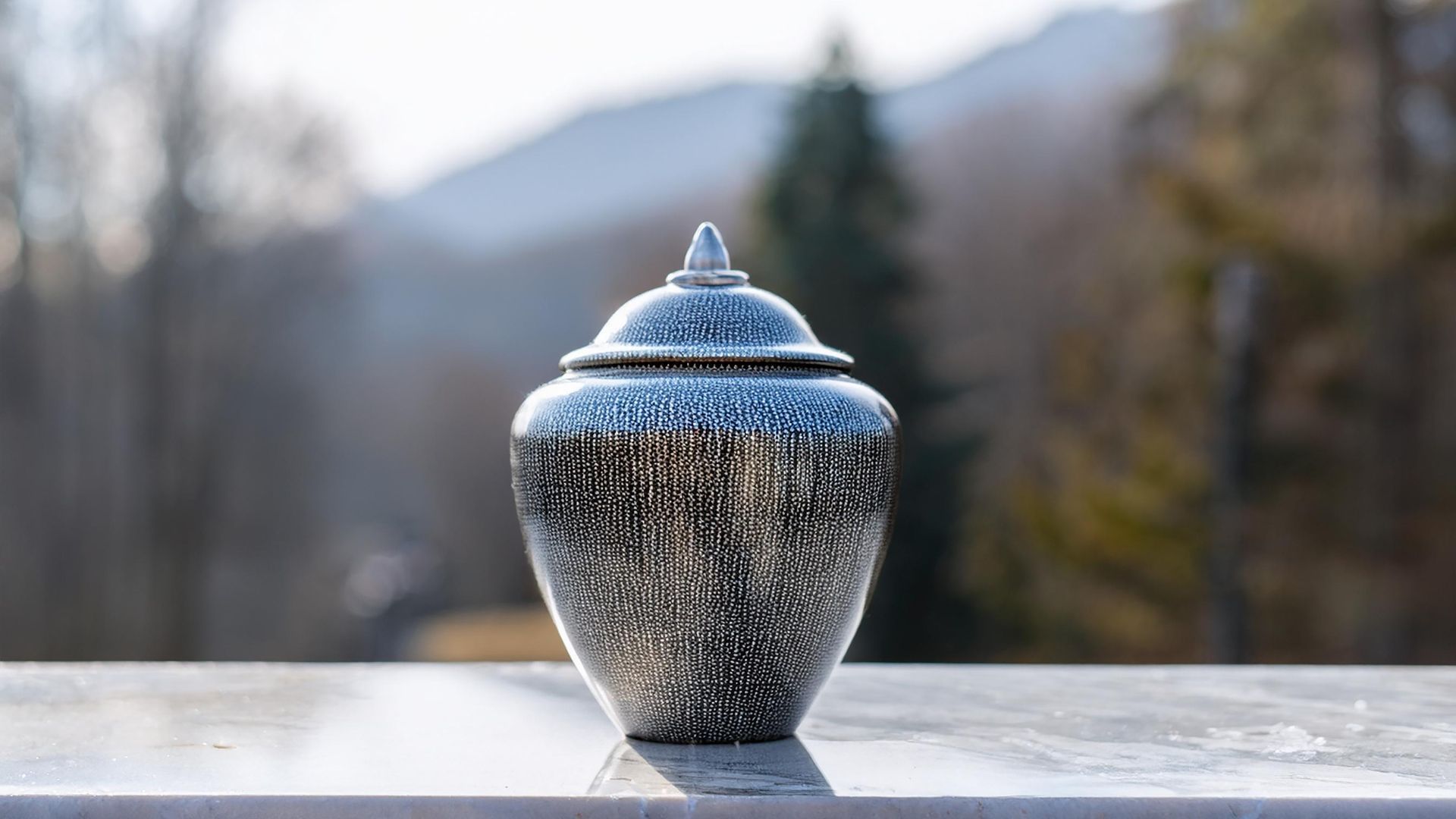
There are many different ways to say goodbye when a person dies. For many, this involves a funeral service of some kind.
Increasingly, however, people in the UK are choosing direct cremation for their loved ones. This is where the person who has died gets taken directly to the crematorium to be cremated.
Unlike traditional funerals, direct cremations don't involve a service or ceremony. There are no mourners present, no funeral director, no hymns or readings and no hearse. The body isn't always embalmed, and there's no visitation (viewing of the body).
Many people choose direct cremation to save money. However, some also prefer the simplicity of a direct cremation over a traditional service.
Despite their increasing popularity, many doubts and misconceptions surround direct cremations. We hope this article helps you understand the topic in more detail.
How much does direct cremation cost?
On average, a direct cremation in the UK costs around £1,600 (SunLife). However, different funeral providers charge different amounts for their services – and the price can vary depending on where you live. Generally speaking, funeral costs in London – for instance – tend to be higher than in other parts of the UK.
That £1,600 covers the preparation and transportation of the body and the organisation of the cremation itself. Traditional funerals, by contrast, cost, on average, £4,000 to £5,000.
What happens after a direct cremation?
There are two sides to this question: first, what happens to the ashes after a direct cremation, and secondly, whether there's a service to follow.
In terms of ashes, this will depend on the wishes of the person who died and their family. Ashes can be given to the family or scattered in the garden of remembrance. Both options usually come at a price. If the family receives the ashes, they can decide whether to scatter them elsewhere, keep them or bury them.
It's also up to the family how the person's life will be celebrated and remembered after direct cremation. You have the option to arrange a memorial service separately. This will depend on your wishes and any wishes expressed by the person who has died.

What's the difference between cremation and direct cremation?
'Cremation' mostly refers to how the body is put to rest. But it also refers to the procedures and ceremonies surrounding it.
In a traditional cremation, the body of the person who died is taken into the care of funeral directors. It can be visited by family and friends. There's then a service of remembrance, usually at a crematorium, where loved ones gather to remember and celebrate the life of the person who died.
Direct cremation, by contrast, is a much simpler sequence of events. The body of the person who died is taken into the care of funeral directors. It's placed in a simple coffin and transported to the crematorium. There, it's cremated without a service and without attendees.
How do you arrange a direct cremation?
When arranging a direct cremation, the first thing to establish is how to pay for it. Options include a prepaid funeral plan, savings left aside by the deceased and money from the estate.
Once this is established, you need to book the cremation through a funeral director or direct cremation provider. At this point, you may want to discuss your options with regard to ashes.
In terms of arranging the direct cremation, that's pretty much all there is to it. Many people, however, go on to plan a memorial service or event. This tends to be based on their wishes and any wishes expressed by the person who died.
What isn't included in a direct cremation?
Direct cremations don't include many of the traditional features of funerals. Most importantly, there's no ceremony and (almost always) no attendees. There are no pallbearers and the body is usually transported to the crematorium in a private ambulance rather than a hearse.
What happens to the ashes after a direct cremation?
Once the body has been cremated, the ashes are placed in a container. Depending on what you've arranged with the funeral director or crematorium, this can be collected or delivered to you.
Ashes can be scattered in a place that has personal significance for the person who died. Sometimes, ashes are scattered in a place of natural beauty. They can also be buried.
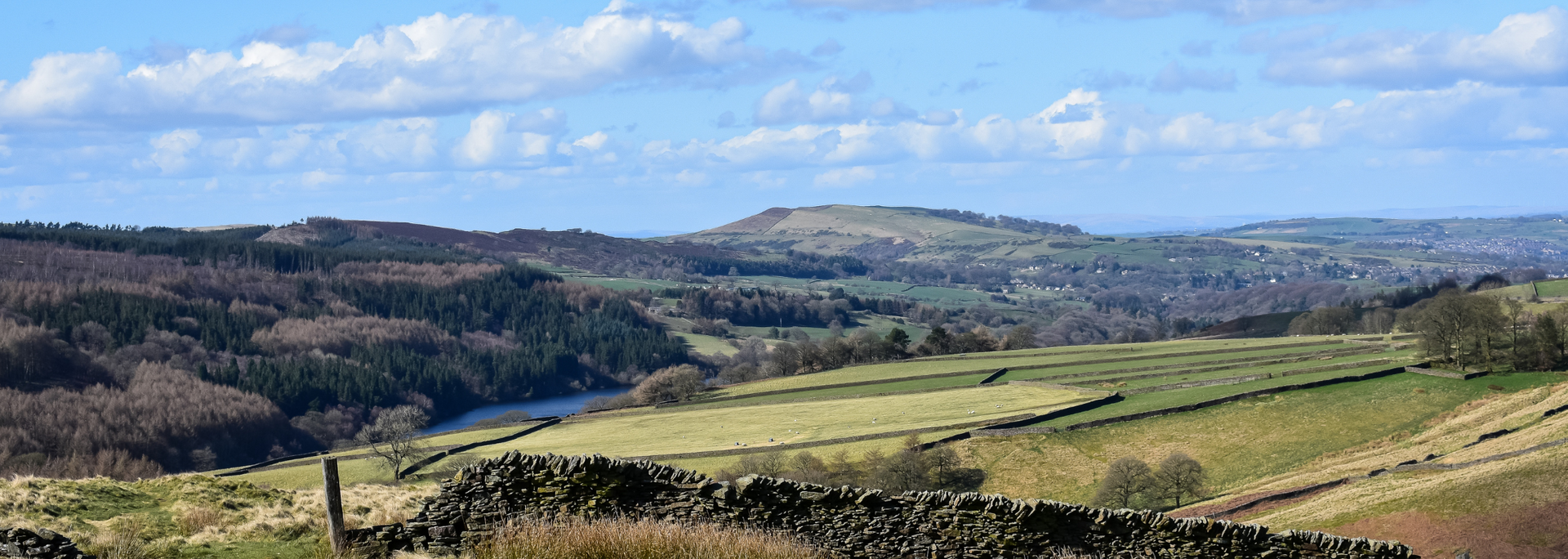
Can I attend a direct cremation?
Most of the time, direct cremations are unattended. In fact, they're often referred to as 'unattended cremations'.
Sometimes, however, direct cremation providers will let a small number of people attend. This is called an 'attended direct cremation' and will be charged on top of the cremation itself.
What's meant by 'unattended direct cremation' is different from funeral director to funeral director. Most often, however, it means spending a few peaceful moments with the person who died in the funeral home's chapel of rest. In any case, there won't be any ceremony, readings or hymns.
Can you get cremated without a coffin?
Legally, yes. Some people are cremated in a shroud or cardboard box rather than a coffin. However, some crematoriums stipulate that a coffin must be used.
Why do people choose direct cremation?
There are several reasons why people choose direct cremation over a traditional funeral service. For some, the biggest reason is that direct cremations are significantly cheaper than most alternatives.
Cost, however, is far from the only factor. There's also the fact that direct cremation removes the formality of a service as well as the stress and upset of attending one.
Direct cremations are simple. At a time when emotions are running high, this simplicity is welcome to some. Once the direct cremation is booked, all you need to decide is what will happen to the ashes.
Finally, direct cremations are more flexible. The cremation happens when the funeral provider and crematorium decide. This removes a lot of stress from the planning process.
At the end of the day, there's no right or wrong way to grieve, mourn or remember. Direct cremations are a popular choice, but some people prefer traditional methods. It all depends on the wishes of the family and the wishes of the person who died.
Are you considering a
direct cremation in London? Since 2021, Akshardham Funeral Directors has helped families like yours arrange the funeral that feels right for them.
Learn more about your funeral choices.


